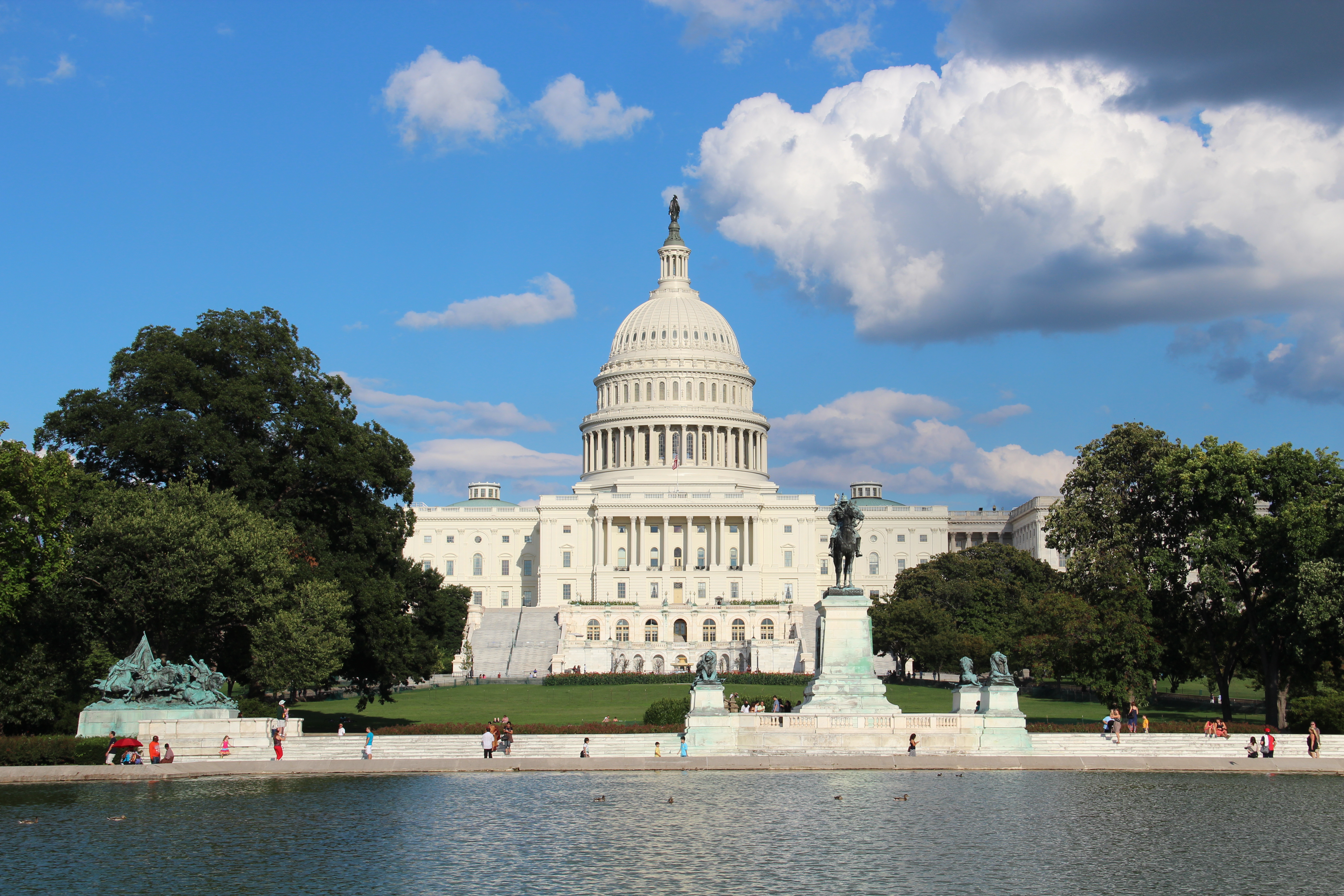Economic Impact of Seasonal Drought
AREC faculty member Dr. Tauhid Rahman along with Prof. James Buizer from UA's School of Natural Resources and the Environment take part in a discussion series in Washington, D.C. Feb. 17-18, 2016 regarding their analysis of the economic impact of seasonal drought forecast information in Jamaica.
Here is the link to one of the presentations which occurred on Feb. 18, 2016.
Information about this presentation provided by USAID:
"Climate information services provide high-quality data to enable individuals and organizations to make critical, weather-related decisions. When combined with data on agricultural production, health trends, infrastructure maps and socio-economic variables, it allows these decision-makers to anticipate how climate-related factors will impact lives and livelihoods in a given population.
On February 18th, the Navigating the Economy CEADIR series welcomes renowned climate service and adaptation specialists from the University of Arizona, Project Concern International (PCI), USAID, and Abt Associates. In The Socioeconomic Benefits of Climate Services, speakers will address the uptake of climate services, their use in decision making, and the impacts of such climate-informed decisions in case studies from Jamaica, Ethiopia and Tanzania.
Starting in 2014, Jamaica has experienced one of the worst droughts in a decade and the fourth worst recorded since the 1970s. In response to this drought, the Jamaican Meteorological Service (JMS), in collaboration with the International Research Institute for Climate and Society (IRI), with support from the Climate Change Resilient Development project funded by USAID, produced and provided new seasonal drought-related forecast information to hundreds of farmers during June 2014-June 2015. The farmers received the information through farmer forums, phone text messages, extension agents, and by contacting the JMS. While anecdotal stories suggest that the losses in agricultural production may have been much greater if not for the provision of the information service, they do not constitute robust evidence of actual economic benefits realized. In order to provide more scientifically robust evidence, a team from the University of Arizona followed up the launch of the information service with a valuation study. In this talk, we report the major findings of our recently conducted economic impact evaluation, and discuss the lessons for the future programming of such climate forecast information services."


